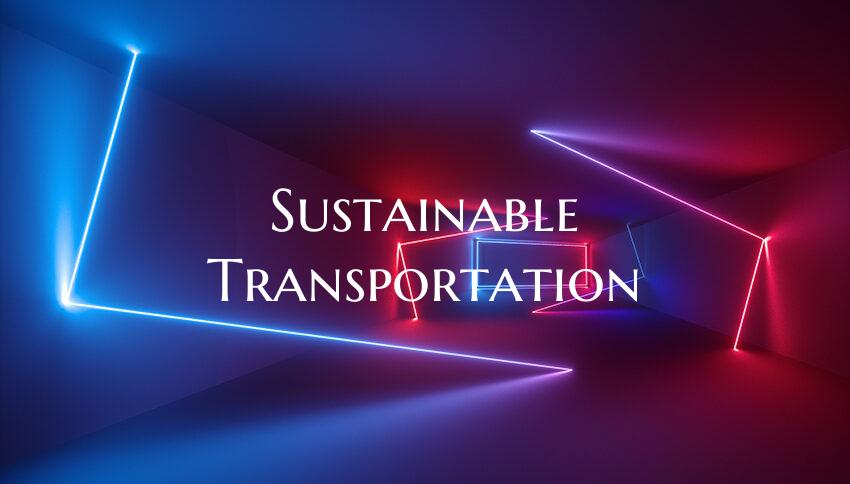Sustainable Transportation
Sustainable transportation refers to the use of modes of transportation that have minimal impact on the environment and promote long-term ecological balance. With the increasing concern over climate change and environmental degradation, sustainable transportation has gained significant importance in recent years.
There are various ways in which transportation can be made more sustainable. One of the primary methods is promoting the use of public transportation such as buses, trains, and trams. These modes of transport are more energy-efficient than personal vehicles and can help reduce greenhouse gas emissions.
Another important aspect of sustainable transportation is the promotion of active modes of transport such as walking and cycling. Not only do these modes of transport reduce emissions, but they also have positive impacts on public health by promoting physical activity.
In addition to promoting public and active transportation, sustainable transportation also involves the use of electric vehicles and other alternative fuels. Electric vehicles have zero tailpipe emissions, making them a cleaner alternative to traditional gasoline and diesel vehicles.
Efforts to make transportation more sustainable also include urban planning initiatives that prioritize transit-oriented development, bike lanes, pedestrian-friendly infrastructure, and carpooling programs.
Overall, sustainable transportation is essential for reducing carbon emissions, combating climate change, improving air quality, and creating healthier and more livable communities. By promoting sustainable transportation practices, we can work towards a more environmentally-friendly and sustainable future for all.

